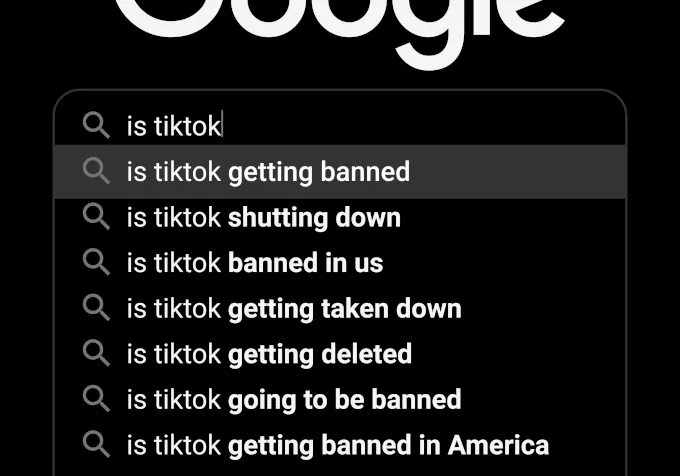Google uses RankBrain to rank pages in search results and predict answers to users’ questions. RankBrain is designed to improve its ranking system and learn through observations.
An example could be that RankBrain has measured that a page currently ranking on the second page of search results offers a more relevant and accurate answer to a query. It then goes ahead and moves the most relevant page to page one so that users can get correct and satisfactory solutions.
As a consequence, Rankbrain will demote a page that ranked in the Top 10 but is now considered less relevant because of the newcomer. It is a significant change in SEO as webmasters and marketers need to understand and even predict user needs and offer them helpful and engaging content with the best user experience (remember time-on-page is a ranking signal).
Google looks out for in-depth and useful content written by experts.
The policy prevents people from creating content on topics outside their area of expertise, as it could be traffic manipulation or cause problems for people looking for answers and help. With topic clusters (that show content depth), the content creators present their expertise on the topic. The coverage of content reassures the search engines that the writer knows very well the subject.
It’s a misrepresentation at times because even experts make mistakes, and quantity does not equal quality. Plus, the search engines would need an expert on every topic to assess what the website expert says, which is not practical.

